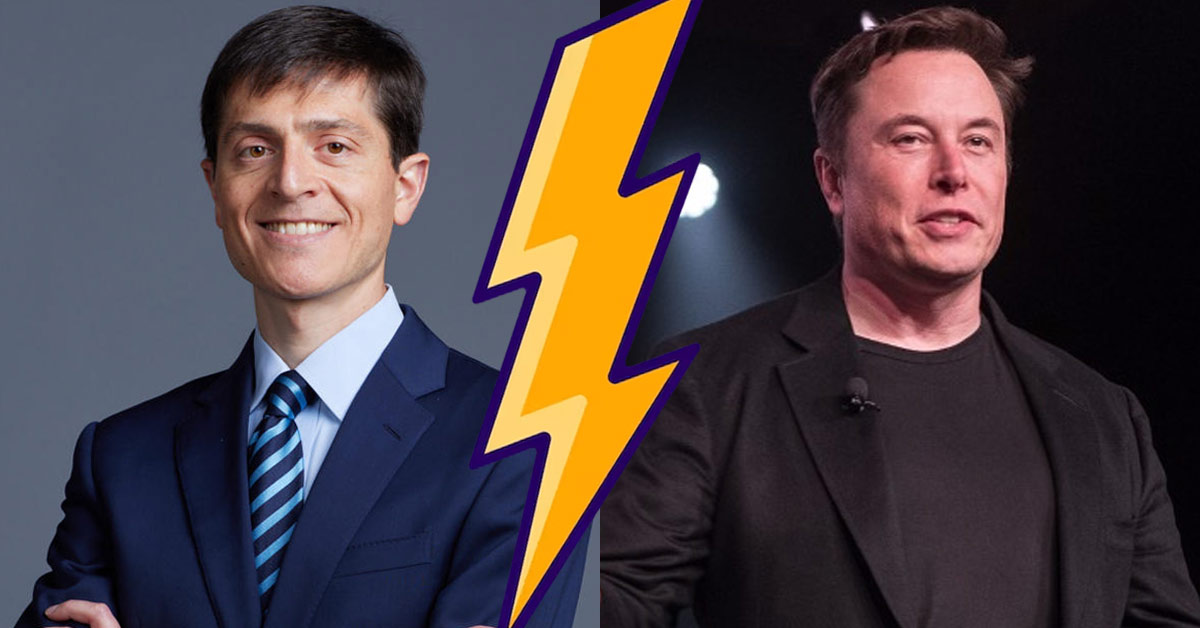As appeared in an interview with The Wall Street Journal, Dr. Benjamin Rapoport, co-founder of Neuralink alongside Elon Musk, has departed from the company whilst raising safety concerns about the devices and technology that Neuralink has already started testing on humans.
Dr. Rapoport’s departure from the neurotechnology company has led him to take full-time on his own venture called Precision Neuroscience.
In the podcast ‘The Future of Everything’ with WSJ, Dr. Rapoport who is a neurosurgeon, highlighted the significance of safety when it comes to combining medicine and technology. He reflected that medical devices must be envisioned in such a way that they would require minimal invasiveness – penetrating a human brain with needle-like electrodes tends to cause brain damage.
“I’ve pretty much devoted my entire professional life to bringing neural interfaces from the world of science to the world of medicine. But I’ve felt that in order to move to the world of medicine and technology, safety is paramount. For a medical device, safety often implies minimal invasiveness. And in the early days of brain-computer interfaces, there was this notion that in order to extract information-rich data from the brain, one needed to penetrate the brain with tiny little needle-like electrodes. And those have the drawback of doing some amount of brain damage when they’re inserted into the brain.,” said Dr. Rapoport
Speaking of Precision Neuroscience and how it is different from Neuralink, Dr. Rapoport said that his company has invented minimal invasive techniques to ensure safety.
“And I felt that it was possible to extract information-rich data from the brain without damaging the brain. And so, I and my colleagues formed Precision Neuroscience with that philosophy in mind, that minimal invasiveness, scalability and safety were the foundation of what we felt was a very important direction to take neural interfaces. The Neuralink system is based on penetrating micro-electrodes. The Precision system is based on surface micro-electrodes, which are tiny little electrodes that coat the surface of the brain without penetrating it.” Dr. Rapoport added.
Speaking of the objective of Precision Neuroscience, Dr. Rapoport said that his company is focused on building brain-computer interfaces in the form of medical devices for people with disabilities. these devices bypass the part of the patient’s brain that connects to the parts of the body that are not working -enabling them to convert thoughts into actions.
“Right now, we’re focused on brain-computer interfaces as a medical device that’s designed for people with certain kinds of disabilities. In particular, people who either can’t move their hands and arms and/or people who can’t speak. I’m thinking in particular of people, for example, with spinal cord injury or certain forms of brain stem injury, or certain forms of stroke, that allow them to think, they’re totally sound of mind, but unable to convert those thoughts into speech and motor action in the way that you and I can. And for those individuals, a brain-computer interface functions kind of like a digital bypass, that interfaces with the thinking part of the brain, but bypasses the part of the brain that connects to the parts of the body that are not working. And thereby, enables them to convert their thoughts into actions in the real world. So, just like people are used to prosthetic limbs, for example, we are developing neural prostheses that support and convert thought into action.” says Dr. Rapoport






